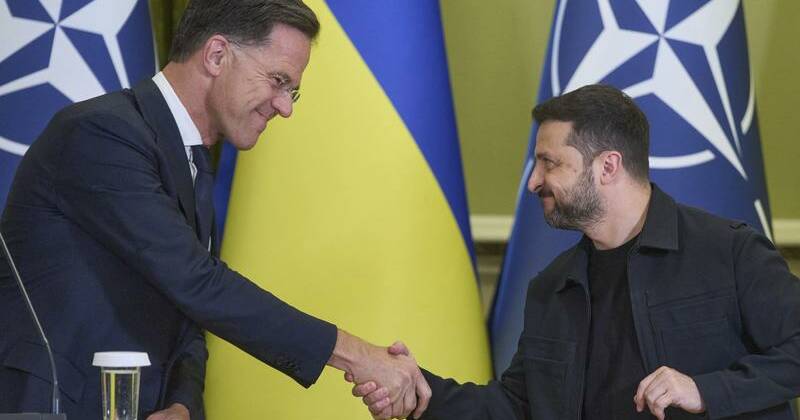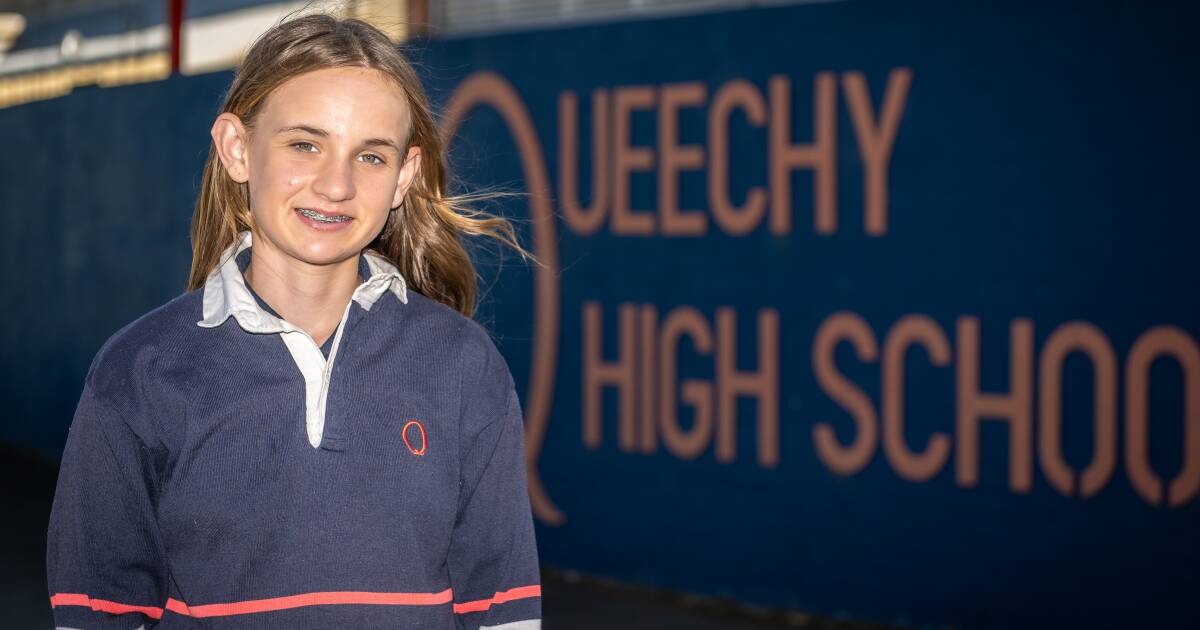
Ukrainian President Volodymyr Zelenskiy has accused Russia of actively obstructing efforts to arrange a summit with President Vladimir Putin. Zelenskiy stated that Moscow is taking steps to prevent the meeting from occurring, which he believes is essential for negotiating an end to the ongoing conflict in Ukraine. The comments came during a press conference in Kyiv alongside NATO Secretary General Mark Rutte.
In response to Zelenskiy’s claims, Russian Foreign Minister Sergei Lavrov told NBC that there is currently no agenda for such a summit. “Putin is ready to meet with Zelenskiy when the agenda would be ready for a summit. And this agenda is not ready at all,” Lavrov said, reflecting Moscow’s longstanding position that conditions must be met before any leaders’ meeting can take place.
Zelenskiy has been vocal about the need for direct talks, stating that only through dialogue can the war, which has devastated Ukraine since Russia’s full-scale invasion began in 2022, be resolved. He emphasized that the absence of a meeting is detrimental to peace efforts, saying, “The Russians are doing everything they can to prevent the meeting from taking place.”
During a call with Putin earlier this week, Donald Trump, the former President of the United States, noted that he had begun organizing a potential meeting between the two leaders. When asked about the prospect of cooperation between Putin and Zelenskiy, Trump remarked, “Well, we’ll see. It’s like oil and vinegar a little bit.”
The toll of the conflict has been staggering, with thousands of Ukrainian civilians losing their lives. Analysts estimate that the fighting has resulted in over a million casualties among soldiers from both sides. Russia continues to demand territorial concessions from Ukraine, specifically in the eastern regions it claims as its own. Furthermore, Moscow has suggested freezing the front line in several southern areas currently under its control.
Zelenskiy has recently softened his stance by dropping the demand for a prolonged ceasefire as a prerequisite for the leaders’ meeting. Previously, he maintained that negotiations could not occur under duress. Instead, he has called on Ukraine’s allies to intensify pressure on Russia, including the imposition of new sanctions if there is no movement towards peace.
At the joint press conference, Zelenskiy highlighted discussions regarding security guarantees for Ukraine. He likened these guarantees to NATO’s Article 5, which asserts that an attack on one member is considered an attack on all. “This is the beginning of a big undertaking, and it is not easy,” he said, emphasizing the collaborative effort required from allies to bolster Ukraine’s defense capabilities.
Rutte echoed Zelenskiy’s sentiments, stating that NATO allies and Ukraine are working together to establish strong security guarantees that would deter any future aggression from Russia. “Robust security guarantees will be essential, and this is what we are now working on to define,” he noted.
On March 16, military leaders from the United States and various European nations presented possible options for security guarantees to their national security advisers. Andriy Yermak, chief of staff to Zelenskiy, indicated that Kyiv anticipates receiving the first drafts of these proposals next week.
As the situation continues to evolve, the potential for a summit remains uncertain. With both sides holding firm to their positions, the prospect of meaningful dialogue will likely depend on diplomatic efforts from Ukraine’s allies and the willingness of Russia to engage in negotiations.







